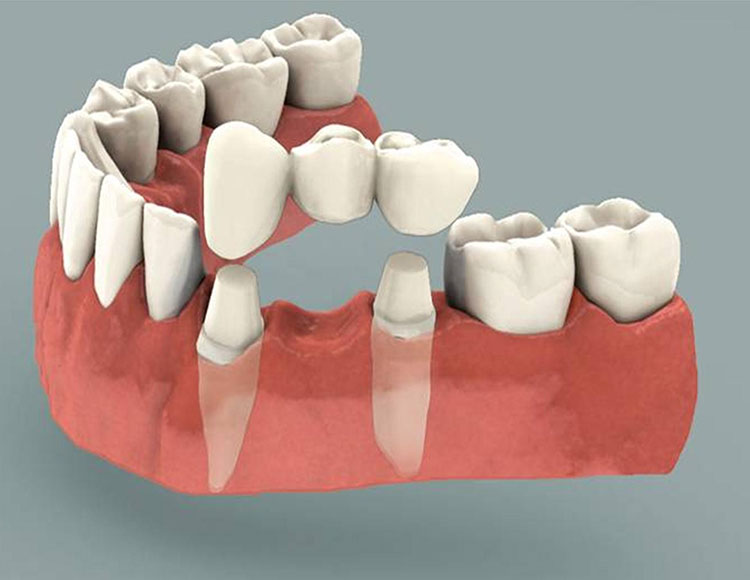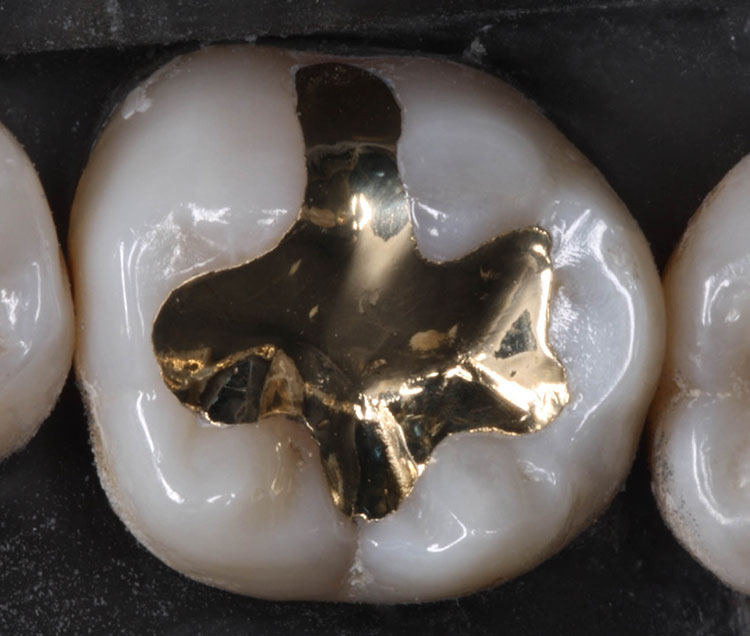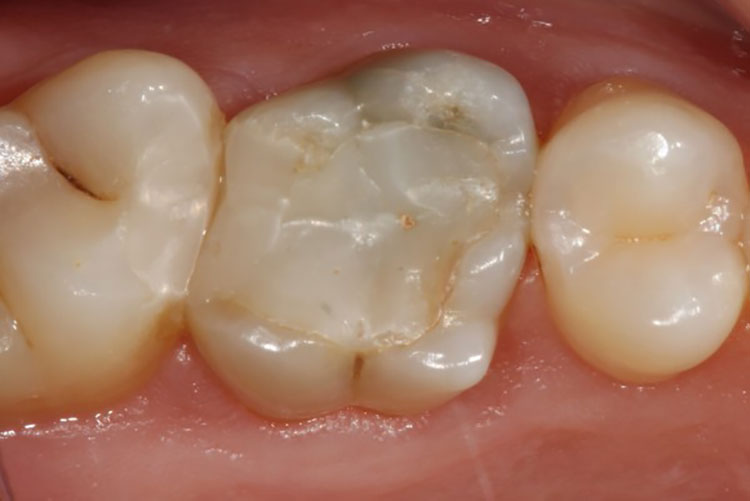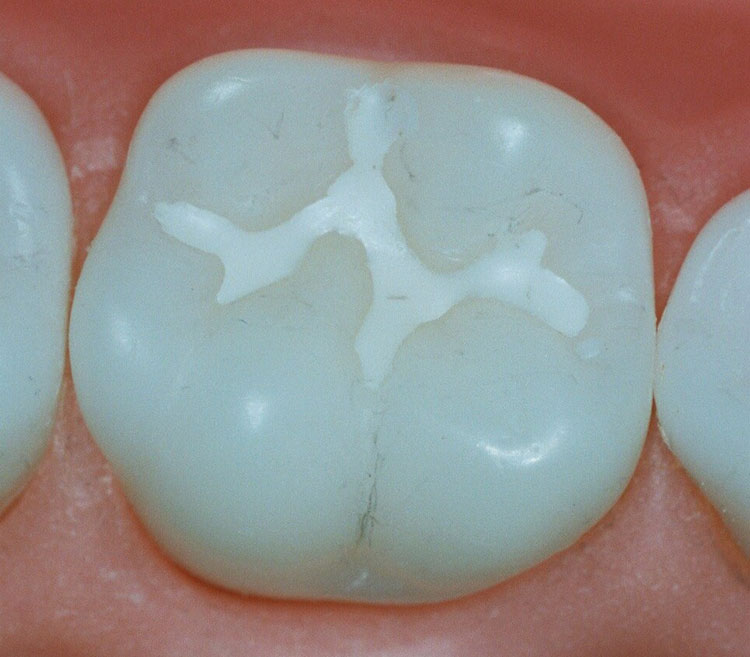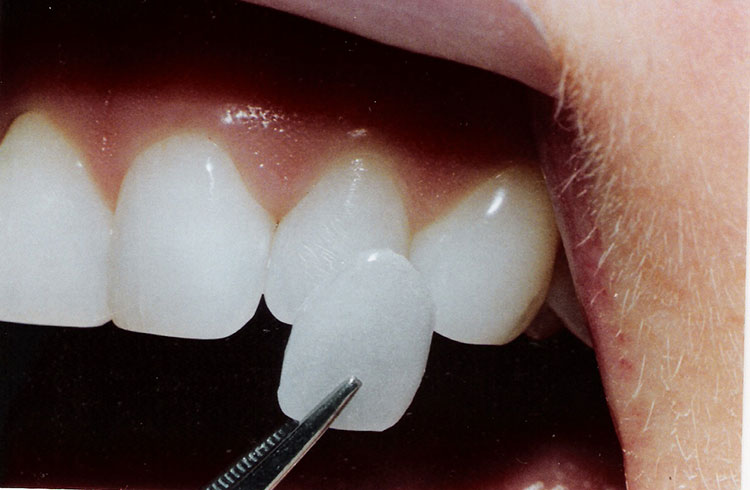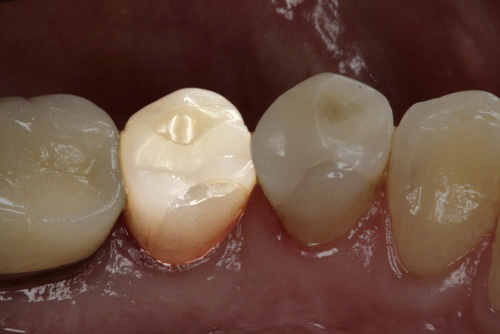When Is Root Canal Treatment Needed?
The crown of the tooth is made up of the hard, white, enamel layer and a thicker dentine layer. Both these hard layers protect the innermost soft tissues of the tooth called the pulp. The dental pulp contains blood vessels and nerves within and extends from the crown to the tips of the root or roots.
Root canal treatment involves the removal of the pulp tissues from the tooth in the event that it gets infected or inflamed. The pulp can be infected or inflamed due to either deep decay or an extensive restoration that involves the pulp, cracked or fractured tooth due to trauma, excessive wear of enamel and dentine exposing the pulp, and sometimes as a result of severe gum disease.
Signs of pulp damage may include pain, prolonged sensitivity to heat or cold, discoloration of the tooth, swelling, tenderness of the overlying gums or a bad taste in the mouth. On the other hand, there may be no symptoms at all. If pulp inflammation or infection is left untreated, it can eventually cause pain, swelling and loss of the supporting bone.
What Are The Advantages Of Root Canal Treatment?
Root canal treatment saves teeth that would otherwise have been extracted.
After root canal treatment the tooth is pulp-less i.e. it has no vital tissues within. However, there are vital tissues surrounding the root e.g. the gum, periodontal membrane and supporting bone. A root canal treated tooth can function normally and can be maintained with routine dental care and oral hygiene measures.
Is Root Canal Treatment Painful?
Root canal treatment procedures are relatively comfortable and often painless as the tooth is anaesthetised during treatment. After treatment, the tooth may be sensitive or tender for a few days due to inflammation of the surrounding tissues. This discomfort can be relieved by taking mild analgesics or painkillers available over the counter at the pharmacy. However, if the pain persists and is severe, or a swelling occurs, you should contact your dentist.
How Is Root Canal Treatment Carried Out?
- Removal of the infected or inflamed pulp is the first step in saving the tooth. Under local anaesthetic an opening is made in the crown of the tooth to get access to the infected or inflamed pulp within.
- Using small, specially designed hand or rotary files, the root canals are cleaned and shaped to a form that can be sealed. Debris within the canals is removed by flushing with an anti-bacterial solution.
- The canals are finally filled or sealed with an inert material called gutta-percha. The tooth should be restored to full shape and function by either a permanent filling or a crown, depending on how much of the tooth is left. This should be done as soon as possible as there could be a risk of tooth fracture due to biting forces.
All root canal treatment procedures are performed by isolating the tooth with a rubber dam to provide a clean and saliva-free environment. Root canal treatment may be done in single or multiple visits depending on the complexity of the tooth. In between treatment appointments, medicaments may be placed within the canals and the tooth is covered with a temporary filling.
Often, X-rays are taken to determine the length of the root and to monitor the various treatment stages.
Care Of The Root-Treated Tooth
As far as possible, avoid chewing or biting on the tooth being treated until you have it permanently restored with either a filling or a crown. Excessive pressure at this stage may crack or fracture the tooth. Therefore, it is very important to restore the tooth properly as soon as possible. Most endodontically treated teeth last as long as natural teeth following permanent restoration.
Practise good oral hygiene, including brushing and flossing at all times, as root-filled teeth are as prone to decay as natural teeth. It is also important to have your treated tooth reviewed regularly by your dentist.
Nork Way Dental Treatments
